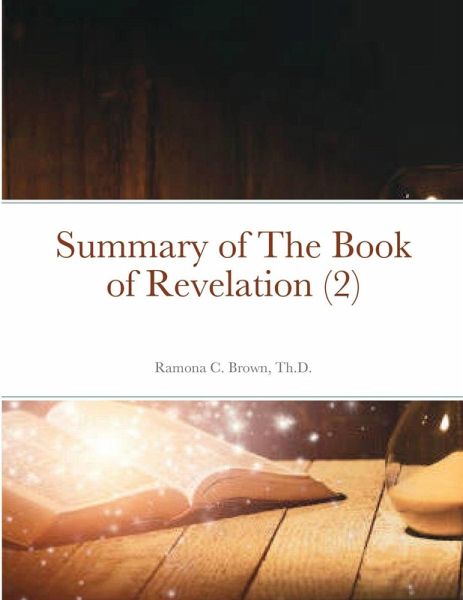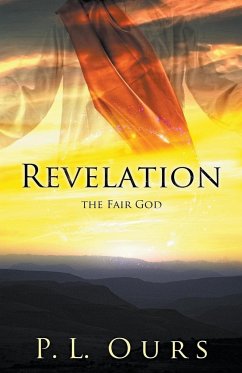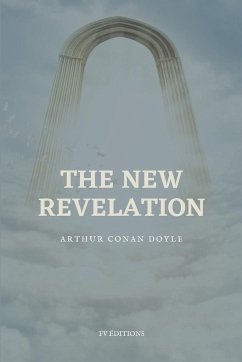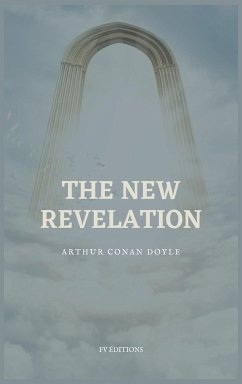
Summary of The Book of Revelation (2)
Versandkostenfrei!
Versandfertig in 1-2 Wochen
31,99 €
inkl. MwSt.

PAYBACK Punkte
16 °P sammeln!
The word "revelation" in the Greek is apocalypses, which means "an uncovering" or "unveiling." It is therefore a book designed to uncover or unveil, not conceal. Part of the challenge in understanding the book is that it is written in a style not familiar to modern man. It is an example of what is called "apocalyptic literature" which was quite popular from 200 B.C. to 200 A.D. As such, it was a type of literature well known to the Jews and Christians of the first century church. The early church likely did not have the problem understanding the book as we do today. They were well acquainted w...
The word "revelation" in the Greek is apocalypses, which means "an uncovering" or "unveiling." It is therefore a book designed to uncover or unveil, not conceal. Part of the challenge in understanding the book is that it is written in a style not familiar to modern man. It is an example of what is called "apocalyptic literature" which was quite popular from 200 B.C. to 200 A.D. As such, it was a type of literature well known to the Jews and Christians of the first century church. The early church likely did not have the problem understanding the book as we do today. They were well acquainted with the style of apocalyptic literature. They were living at a time when the symbols of the book were likely familiar to them (similar to how a picture of a donkey fighting an elephant would be understood by us as depicting conflict between the Democratic and Republican parties) "Blessed is he who reads and those who hear the words of this prophecy, and keep those things which are written in it; for the time is near." (Re 1:3)












